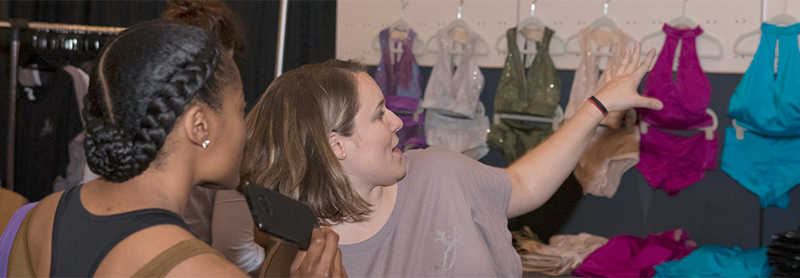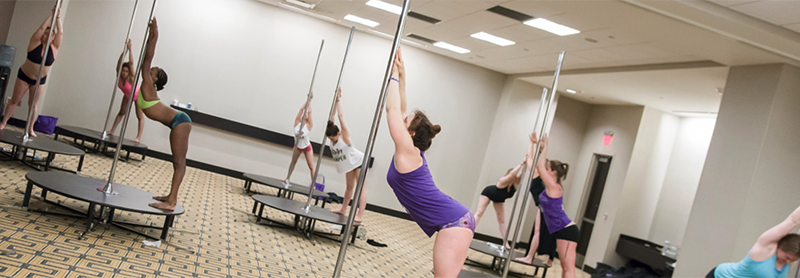There are plenty of things to consider when starting your own pole studio or becoming…

3 ways to (potentially) lower your taxes
This advice adapted from material provided by one of our partners, Ameriprise. Log into your IPIA membership account to contact them for information specific to your situation, US-only.
If you are a pole business owner, pole studio owner, stripper/SWer, performer, or pole instructor (who is not a W2 employee at a studio/other business) these tips are for you!
Set money aside regularly for taxes
If you are a new pole-preneur, it can be hard at first to set money aside for taxes, especially if you are paid in cash which can be very easy to spend.
Consider putting a little bit of money aside from every paycheck, product sold, or from every gig worked just for tax time. Put this money in a separate account so you’re not tempted to spend it. While every situation is different (see below for deductions that will change your tax situation), generally setting aside 20-35% of all money you make for taxes will put you in a better position come tax time.
Once you have gone through a tax cycle once, you’ll have a better idea of how much money you must put aside for taxes in a regular year. Generally, the IRS recommends you pay quarterly estimated taxes and bases this estimate off what you paid the previous year in taxes. If you don’t pay quarterly taxes, you pay a fee or a fine come annual tax season.
Itemize your deductions
Any deduction to your taxes will reduce your taxable income. It’s always “worth it” to itemize your deductions and then compare to the standard deduction rather than presume that one is more beneficial than the other.
You can deduct a variety of things from your taxes. We’ve covered some of these before such as equipment, tools, education expenses like workshops, and even traveling for workshops.
You can also deduct (some) healthcare expenses, mortgage interest payments, child care expenses, and other things that might be unique to your state or situation. For instance, some states provide differing levels of deductions or rebates for environmental upgrades to your home or business like installing solar panels.
*Please note, if you are a W2 employee and purchase your own equipment for your pole classes and are not reimbursed, you cannot put those expenses on your taxes. You can if you receive a 1099 as of tax year 2024, this has changed in the past, maybe it’ll change again.*
Contribute to your retirement accounts
If you or your spouse has a retirement account at a day job(s) consider maximizing your contributions to help offset any revenue from your pole business(es).
Don’t have a day job? You can start your own retirement plan!
There are a few options depending on if you have employees or if you’re a solopreneur. Some options are pre-tax, and some are post-tax. Read about some options here and remember, IPIA members can talk to our partner at Ameriprise to figure out what’s best for your situation.
Taxes can be a struggle so make it easier come tax time for pole business professionals by following these three tips. Got more tips to share? Let us know!



